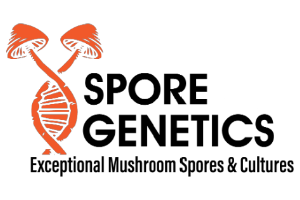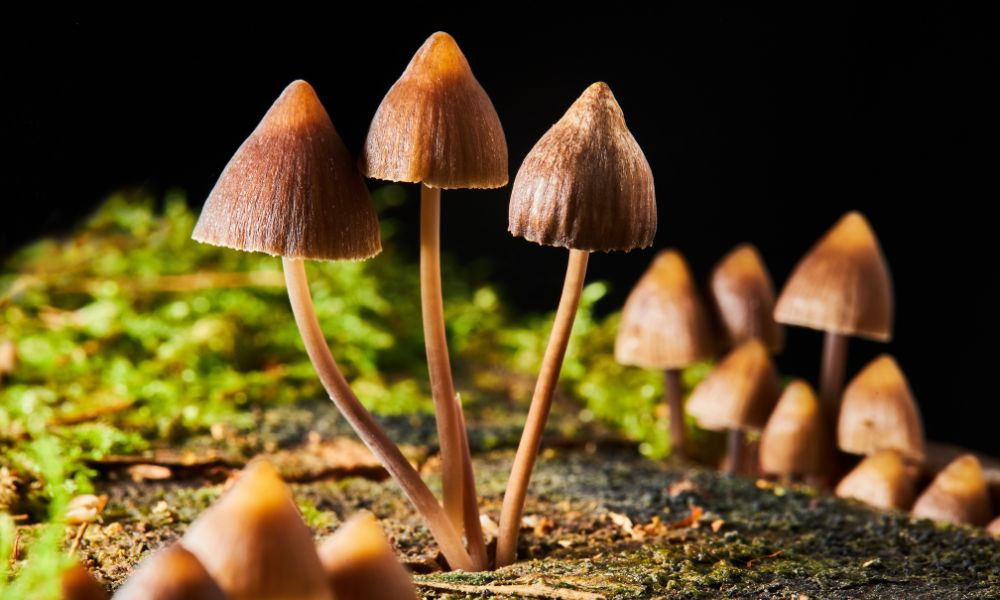4 Fun Facts About Psilocybe You Should Know
Posted by admin on Feb 1st 2024
4 Fun Facts About Psilocybe You Should Know
As you dive into the intriguing world of fungi, you’ll encounter myriad fascinating species. Mushrooms from the Psilocybe genus, for example, have captured the imagination and interest of plenty of mycologists. As you research this mushroom’s role in the ecosystem and in cultures worldwide, you should know these facts about Psilocybe.
Hallucinogenic Properties
Psilocybe mushrooms contain a natural hallucinogenic compound called psilocybin. This chemical is responsible for the psychedelic effects experienced by individuals who consume these mushrooms.
Note, however, that psilocybin itself is not psychoactive. When this compound is ingested, the body converts it into psilocin, which affects the brain’s serotonin receptors. This interaction leads to altered thoughts, perceptions, and emotions.
Diverse Appearance and Habitat
Contrary to popular belief, there isn’t one single type of “magic mushroom.” The Psilocybe genus includes over 200 species, each with a unique appearance and habitat preference.
Many Psilocybe mushrooms can be found in parts of the world like Mexico, Central America, and some regions of the United States. While some species prefer lush, tropical environments, others can thrive in subtropical and temperate climates. This diversity in appearance and habitat makes identifying Psilocybe mushrooms a challenging task, even for experienced mycologists.
Pro Tip:
Flex your identification muscles with Psilocybe cubensis spore syringes for microscopy available at Spore Genetics! Use these spore syringes to learn what the real thing looks like under a microscope.
Cultural and Recreational Significance
The use of Psilocybe mushrooms dates back centuries in many cultures around the world. They have been used for spiritual and religious practices, largely due to their mind-altering effects.
In recent years, these mushrooms have gained popularity as a recreational substance. However, it’s worth pointing out that the legality of possessing, cultivating, or consuming Psilocybe mushrooms varies from region to region. In some places, it is strictly prohibited.
Potential Therapeutic Uses
While many people know about the recreational use of Psilocybe mushrooms, there is also growing interest in their potential therapeutic benefits.
Recent research suggests that psilocybin could have promising applications in mental health treatment. Some studies indicate that it could help alleviate symptoms of conditions like depression and anxiety, particularly in cases where conventional treatments have failed. However, the research process is not over; more in-depth study is needed to fully understand its potential risks and benefits.
Psilocybe mushrooms inspire awe in those who study them due to their unique characteristics and untapped potential. With these facts you should know about Psilocybe at your disposal, you can challenge your understanding of nature and appreciate the diversity of this fascinating genus.
Spore Genetics adheres to rules and regulations to ensure safety, legality, and ethical standards in the cultivation and distribution of mushroom spores. By following these guidelines, the company aims to provide a responsible and sustainable approach to the study and enjoyment of mycology, while also protecting the environment and the well-being of its customers.

